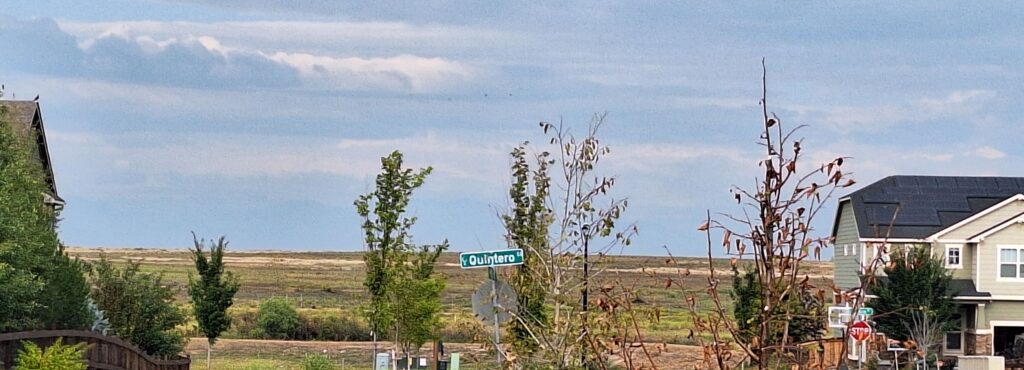WARNING: This blog posts contemplates the current state of America. In this analysis, I use some Teamsters language. Parental guidance is advised.
Dear Voter,
First, thanks for the time on the phone yesterday. I’m cold calling all over Commerce City these days and, well, I get a variety of reactions 🙂
Second, no judgement here. Indeed, I’m pretty sure we have a ton in common, as I’ll get to.
I speak to folks like you everyday. We regular folks are, ahem, frustrated at the current state of affairs. (My next blog post is titled Requiem to the US Constitution.)
I hope you’re OK with me labeling you “disenchanted.” I think I could have used some Teamster language and you’d be nodding up and down at that too.
I get it. It’s why I’m doing this damn campaign thing for the next year of my life.
But there’s one thing I need to be clear on. You, you’re a smart fellow and I’m pretty sure you know this, but I have to point out that I’m not a revolutionary figure and I’m not going to forment any revolutionary change over here. I’m running for a major party nomination to be one of 65 legislators in one half of the bi-cameral Colorado legislature. That system was deliberately designed to keep would-be revolutionaries at bay, and then completely frustrate any who might somehow sneak in.
So why am I running?
First of all, our party got away from the working class people who not only made the damn Democratic Party, we built this whole fucking country damnit. And what we do we get? Seriously, on any given day, what do we get for it?
Do we get a thanks? No. Do we get a raise? HA! Do our spouses cut us any slack? Do NOT answer that one, it’s a trick question!
The point is, and you already know this, you feel this in your gut, we get shit on. We get shit on every day. And if I could change that, brother, believe me, I would.
Of course, we all know I can’t.
Here’s what I can do.
I can campaign my ass off 6 days a week. I can tell any Eastablishment Figure who will listen that we working people are fed up and the fucking least you can do is provide food assistance.
[Side Note: The Governor, God bless him, is asking everyone to give money and/or food to food banks as the federal government leaves the food assistance business. I am not. I am asking everyone to call Gabe Evans office:
Washington DC Office
1229 Longworth House Office Building
Washington, DC 20515
Phone: (202) 225-5625
Greeley District Office
3400 West 16th St, Building 1S
Suite C
Greeley, CO 80634
Phone: (970) 324-2567
Northglenn District Office
10701 Melody Drive
Suite 500
Northglenn, CO 80234
Phone: (303) 723-6560
And ask them to restore the federal government. Food stamps, Medicaid, clean energy programs, put it all back. This is ridiculous.]
You mentioned the great Wellington Webb. I’ve never had the pleasure of meeting him or Wilma. I told you I stole a page from his playbook. He famously walked Denver in his tennis shoes. I’m going to walk Commerce City in those steel toed shitkickers you see in my campaign logo.
And if I’m honored to be elected as your Rep, I’ll wear those damn things every day. Not because they’re comfortable. Because they’ll be a constant reminder that I was born a mick on the wrong side of the tracks and I need to remember where I grew up and where I came from and who my people are.
I wish it would somehow have a positive impact on your life, I wish I could somehow fix those outrageous health insurance premiums. Fuck, I wish I could get us a universal health care system. Argentina does it.* We just bailed them out. Why can’t we bail out Americans struggling with health care issues as well?
So I get your frustration. You’re sure as hell not wrong.
I don’t want to promise to be something I can’t. I can promise you this. I work from 3AM to 4PM six days a week. If I’m honored with the promotion of a lifetime, I’ll work hard every day to represent working people and working families. It’s all I’ve ever asked of my Rep’s, and frankly, I don’t think that’s asking a lot. You can certainly ask for more! You have my cell phone number, call or text me anytime. I need working people to keep it real for me!
Keep being awesome.
Sincerely,
Michael Scanlon
Candidate Colorado’s HD32
9476 Sedailia St
Commerce City, CO 80022
* From Gemini: “The health care system in Argentina is complex and is composed of three main subsectors:
“1 The Public Sector (State-run): This sector provides universal and free access to medical facilities, including emergency care, for all people in the country, regardless of nationality or ability to pay.”
